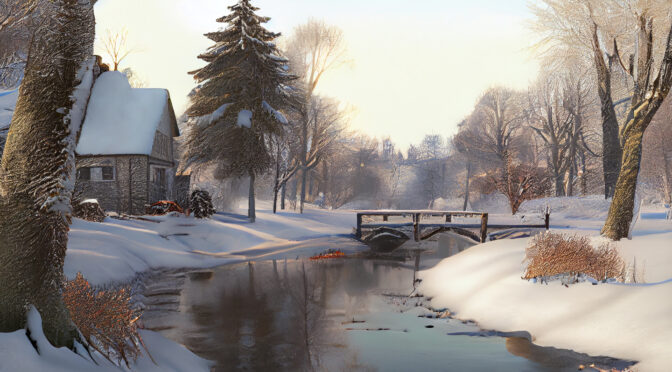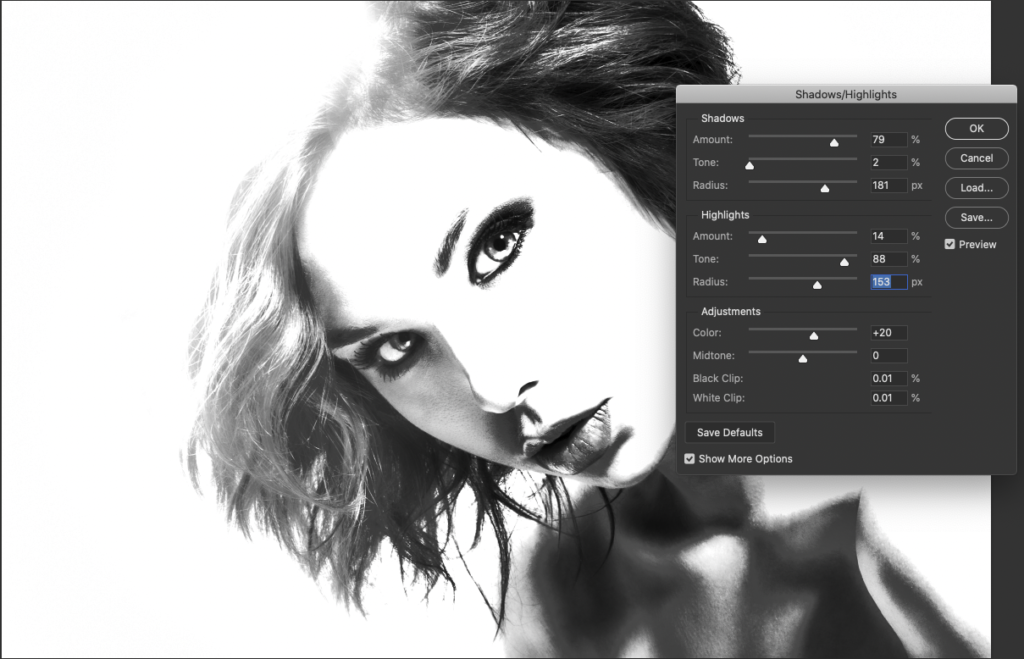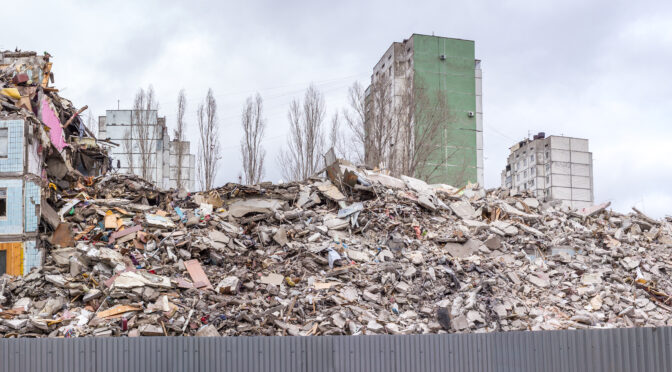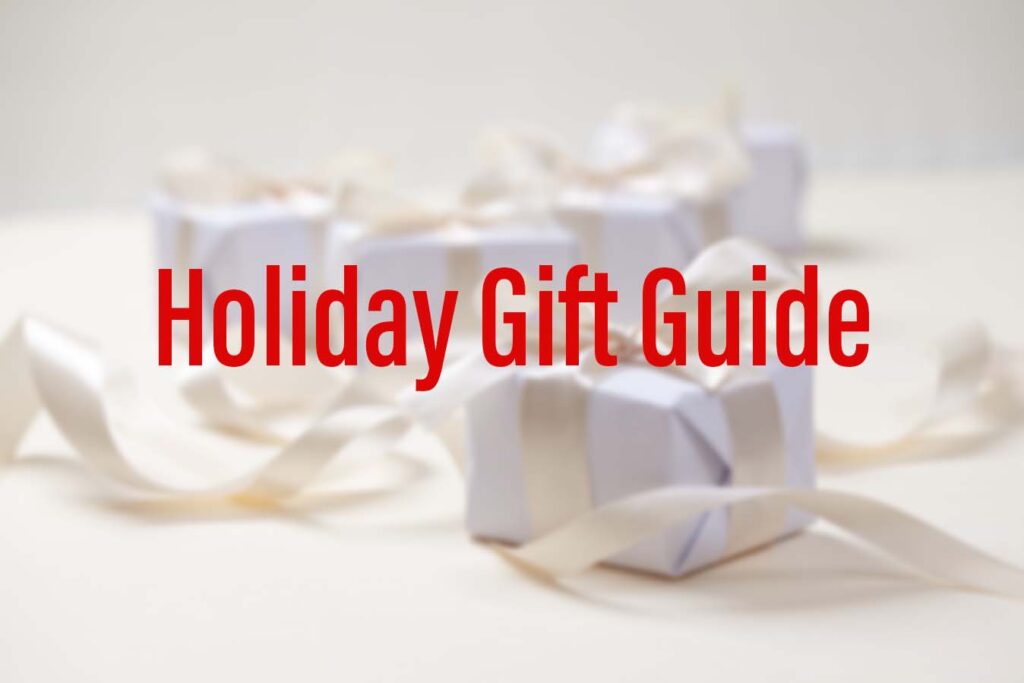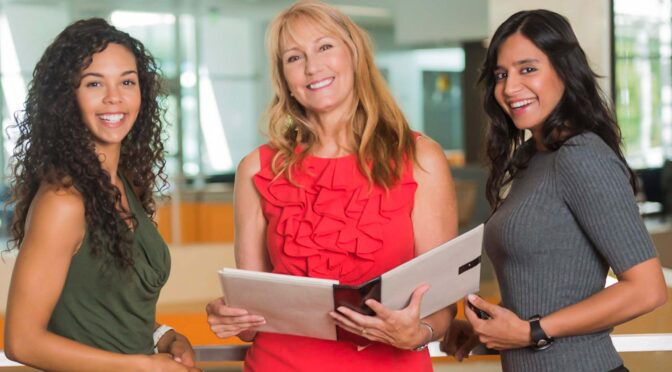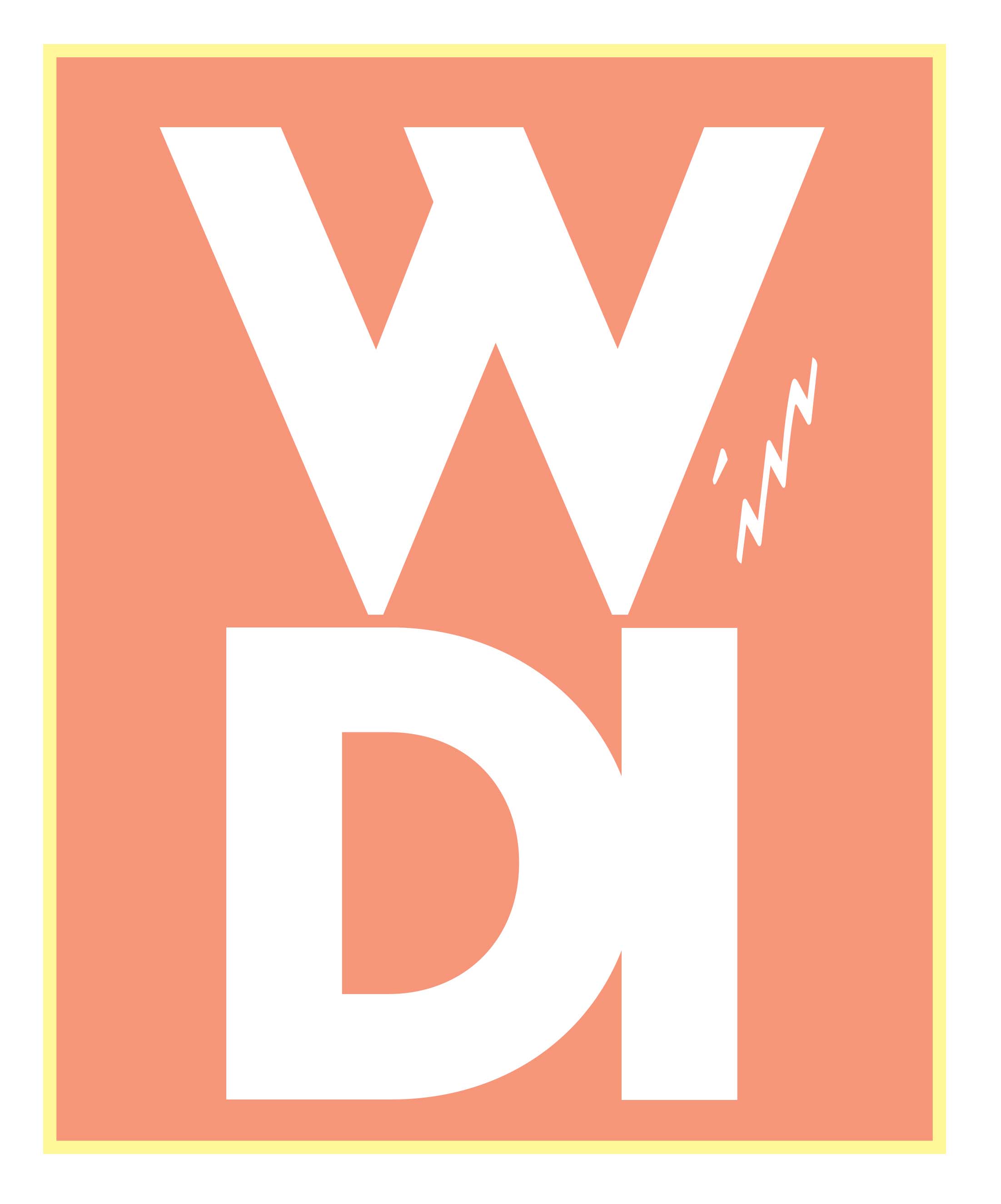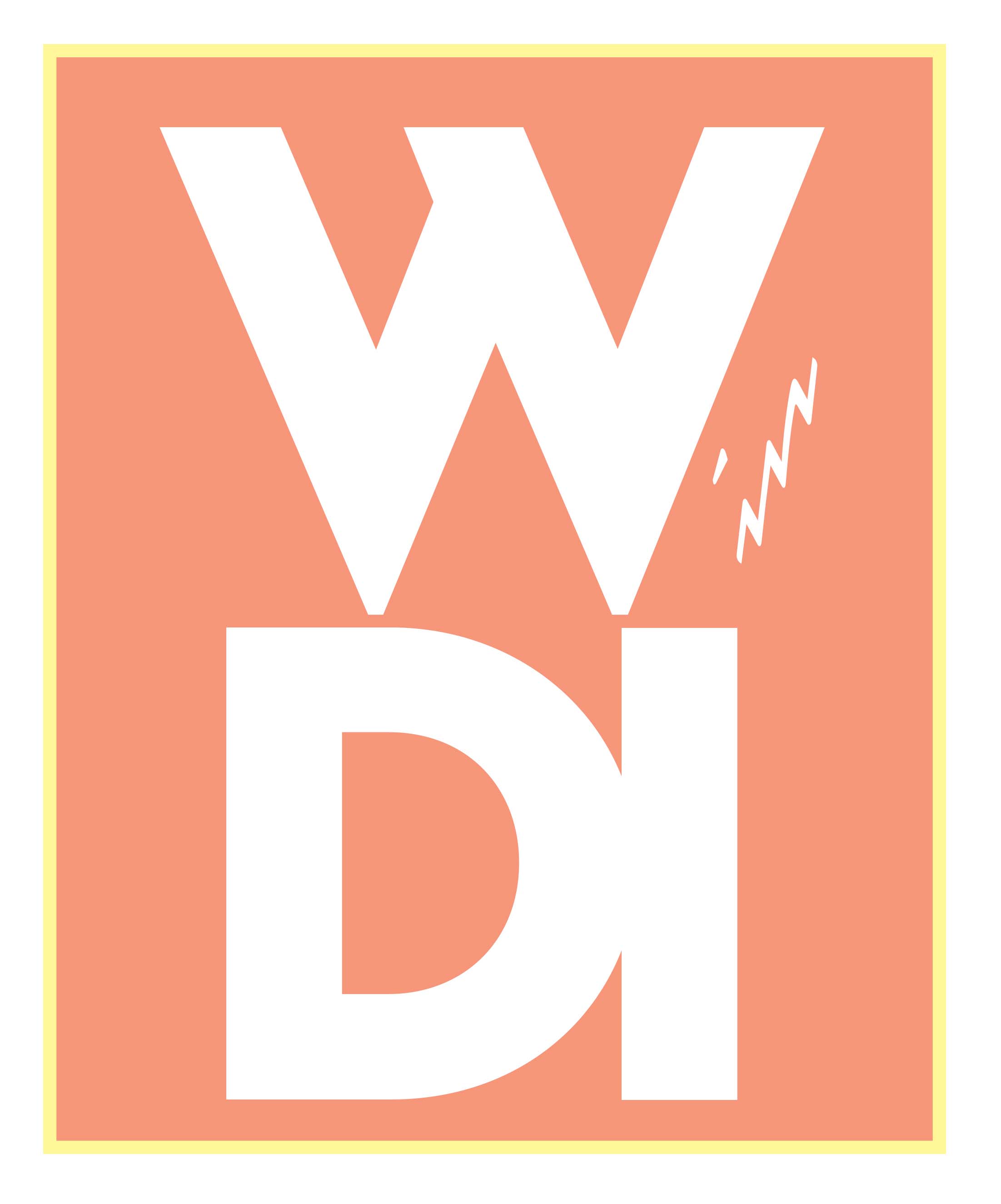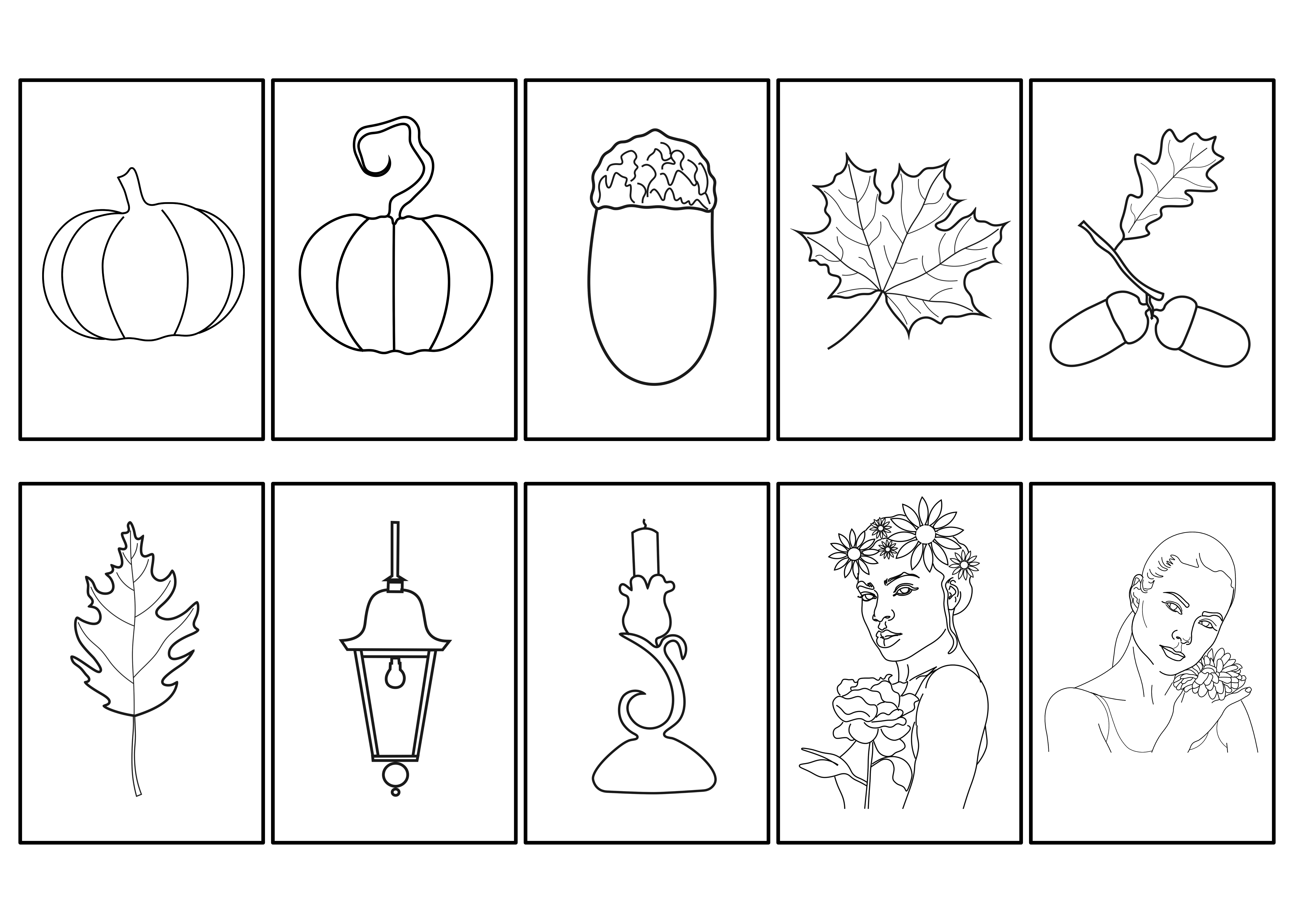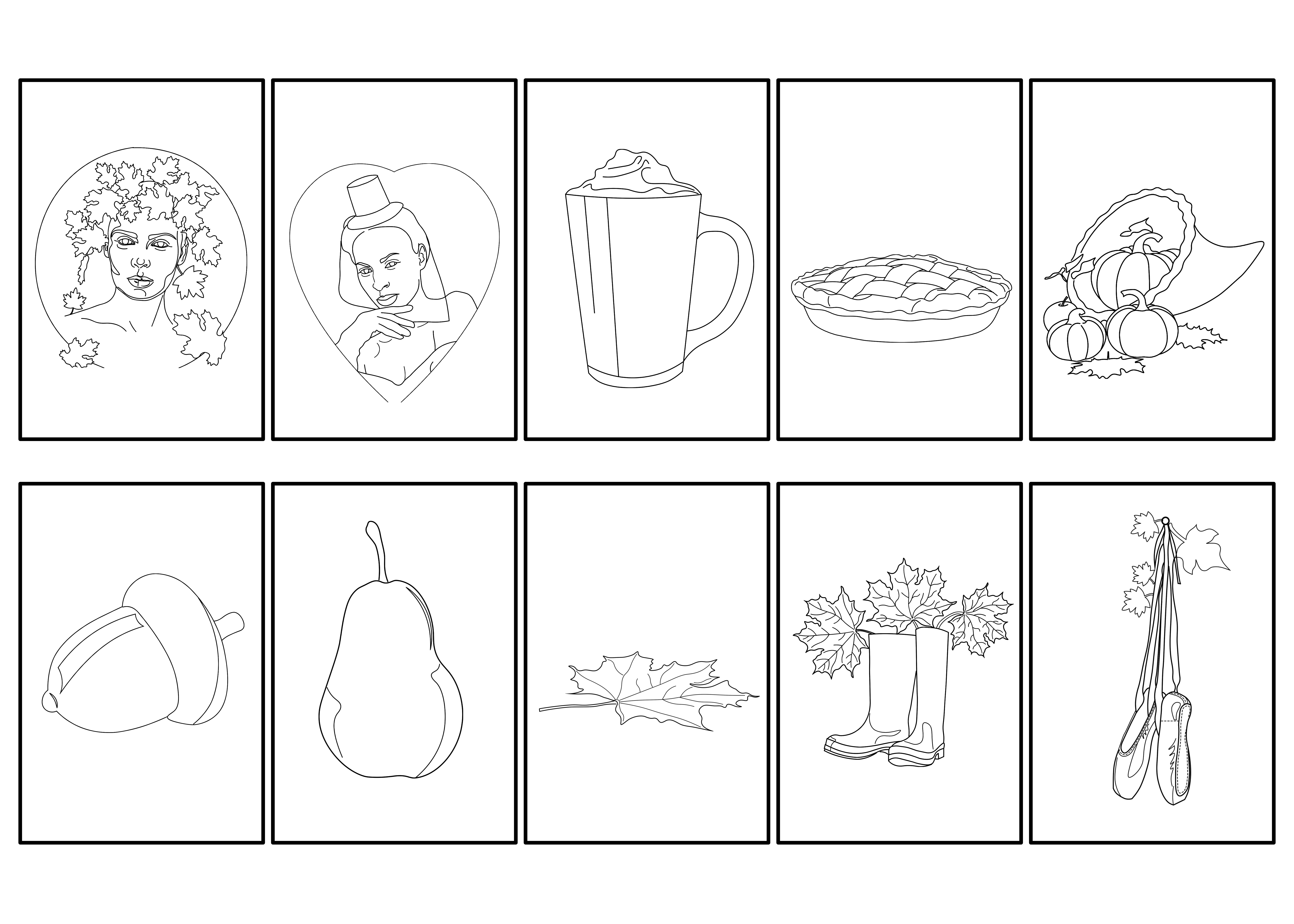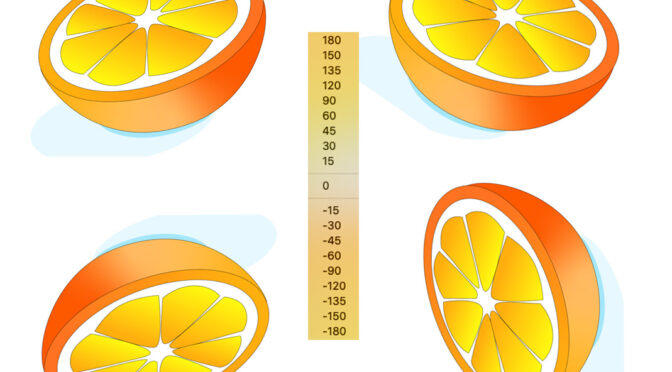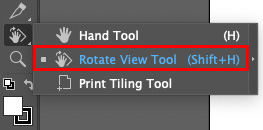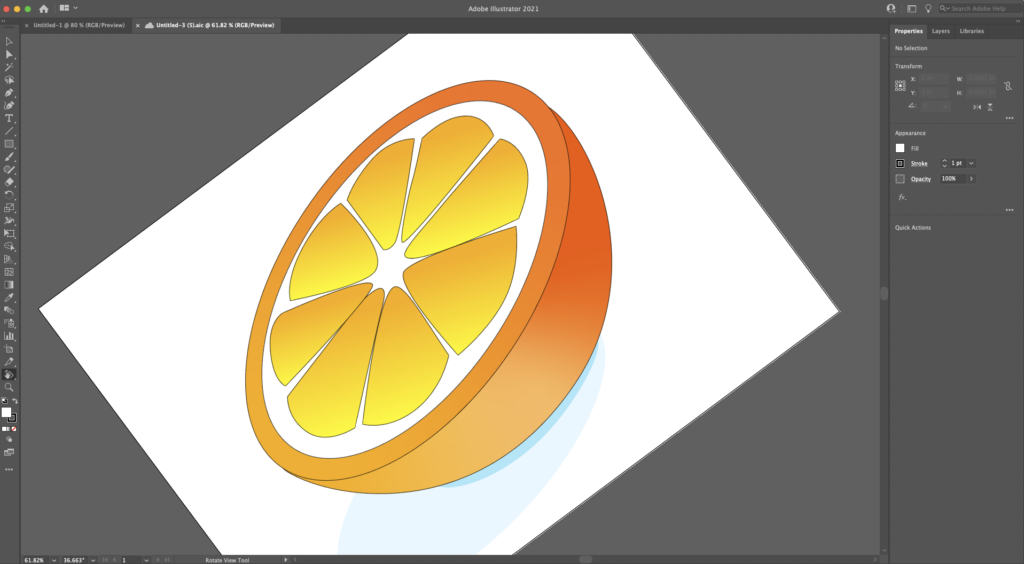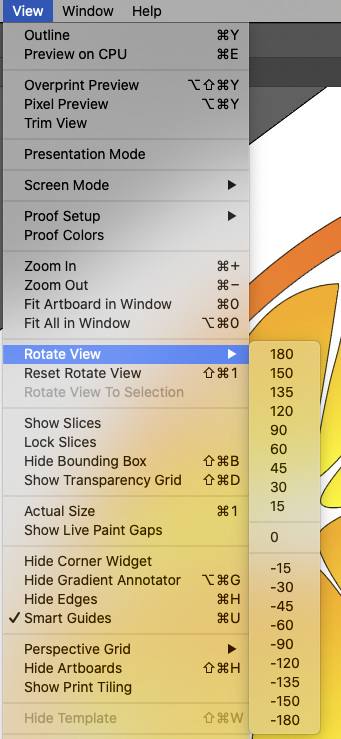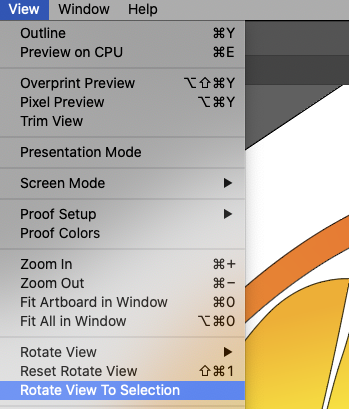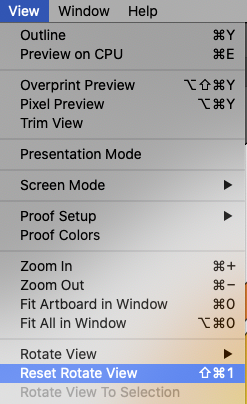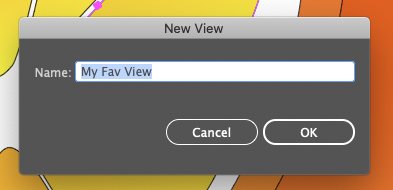Today I want to talk about a topic that is very close to me, and this topic is about who I am and what made me who I am today. I shared with you part of my life in my book, but today is more about my life after the war.
My entire family (from both sides) are refugees. No one from my family was born and stayed lived at their birthplace all their lives. My entire family for three generations were fighting for their families, fighting to stay alive, and to build happy and peaceful lives for their children (including yours truly).
I was a refugee/immigrant twice in my life. Twice I had to start from scratch. Twice I learned a new language. When you are learning a language from the comfort of your home – it’s nice, it’s the joy of learning something new. When you have to work to support your child and family from the first day in a new country without knowing a single word of the native language in that country – it’s stressful. Stressful because you don’t have time for a smooth transition. You don’t have time to learn because you have a child or family members you need to provide with warm clothes, food, electricity, an apartment, heat, and education. To be honest, I didn’t have the opportunity to take a single class to learn English. I learned English while working, cleaning toilets and cleaning streets. I felt, and I feel that I am the luckiest person in the world. I could work. I put a roof over my child’s head. It felt like magic (even now, after so many years).
Mothers and any good human will do everything necessary to provide for their child and to survive. We all did this to the best of our abilities.
Survival has its price.
This is what I want to talk about today. I ran for my life from Baky, Azerbaijan. I did not know if I would survive. It was scary, extremely scary. I had my mother and grandmother to take care of. I was thinking only about them, how to protect them, how to keep them alive. When your survival instinct kicks in, you don’t feel panic, and you are not scared. You are just frozen, and you are surviving. At some point when Azerbaijani “people” surrounded the house and when my mom and I were hiding, I was thinking that I would show myself to them, knowing that they would torture and kill me slowly. I thought that it was ok because I would give my mom time to run. We survived, and I felt my entire life was passing as I had silence around me. I did not feel anything. I was trying to forget all that had happened. This was my mistake.
When we ran from Baky, we left (as many Armenian people in Azerbaijan) everything we loved, families separated, and many lost their loved ones.
My mom, grandmother, and I left practically everything, but for me leaving my easel and paint supplies was the end of my art life. I did not paint for many, many years, and for me, it was the end.
In the last year and a half, we lost our auntie, my mother-in-law, and my mom. Because of COVID, I could not say goodbye to my mom and even attend her funeral. At that time, I understood that I needed help, I needed help to be able to sleep at night, I needed help to release this “survival mode.” I understood that asking for help is not a sign of weakness. It’s a sign of bravery. It’s OK to pause for a few minutes and take care of yourself and your mental health.
Why did I decide to talk about this today? It’s simple —war in Artsakh (my nation, Armenian people of Artsakh under unprecedented war from Azerbaijan). Armenian people are still trying to survive, keeping their territory and homes. Even this week, Armenian soldiers were brutally killed by the Azerbaijan army. Azerbaijani army occupying Armenian territories, disconnecting life support such as gas and electricity). Mothers and fathers of Artsakh don’t know if their children will be alive tomorrow.
The same is going on in Ukraine. Watching all of this, how refugees are trying to survive, seeing crying children, mothers, fathers, grandparents brought all my memories back. I feel the pain and horror of those people.
Today, I want to ask you to help people to survive, to help people to survive not only physically (and this is a priority), but mentally as well.
Don’t let them go inside “their shells,” don’t let them feel “frozen” as I felt.
Any war has only one face: the face of horror, devastation, losses, refugees running for their lives, cold, hunger, homelessness, and feeling alone.
Talk to them, hug them, tell them that they are not alone. As an artist, I know the power of art. People who are trying to survive today have nothing left. They are trying to survive. So many children (an entire generation of children) lost access to simple things such as water, food, and their home. During the horror of the war, a simple piece of paper and pencil, coloring books, and toys would make their hearts happy (even for a few minutes). They would see the light, and they would see the bright colors of childhood. It’s important. It’s important to protect the mental health of refugees right away, today, not tomorrow.
So I am asking you to donate art supplies. If you are an artist, donate your artwork.
UNHCR
rescue.org
USAID
Let’s create art, not war.

